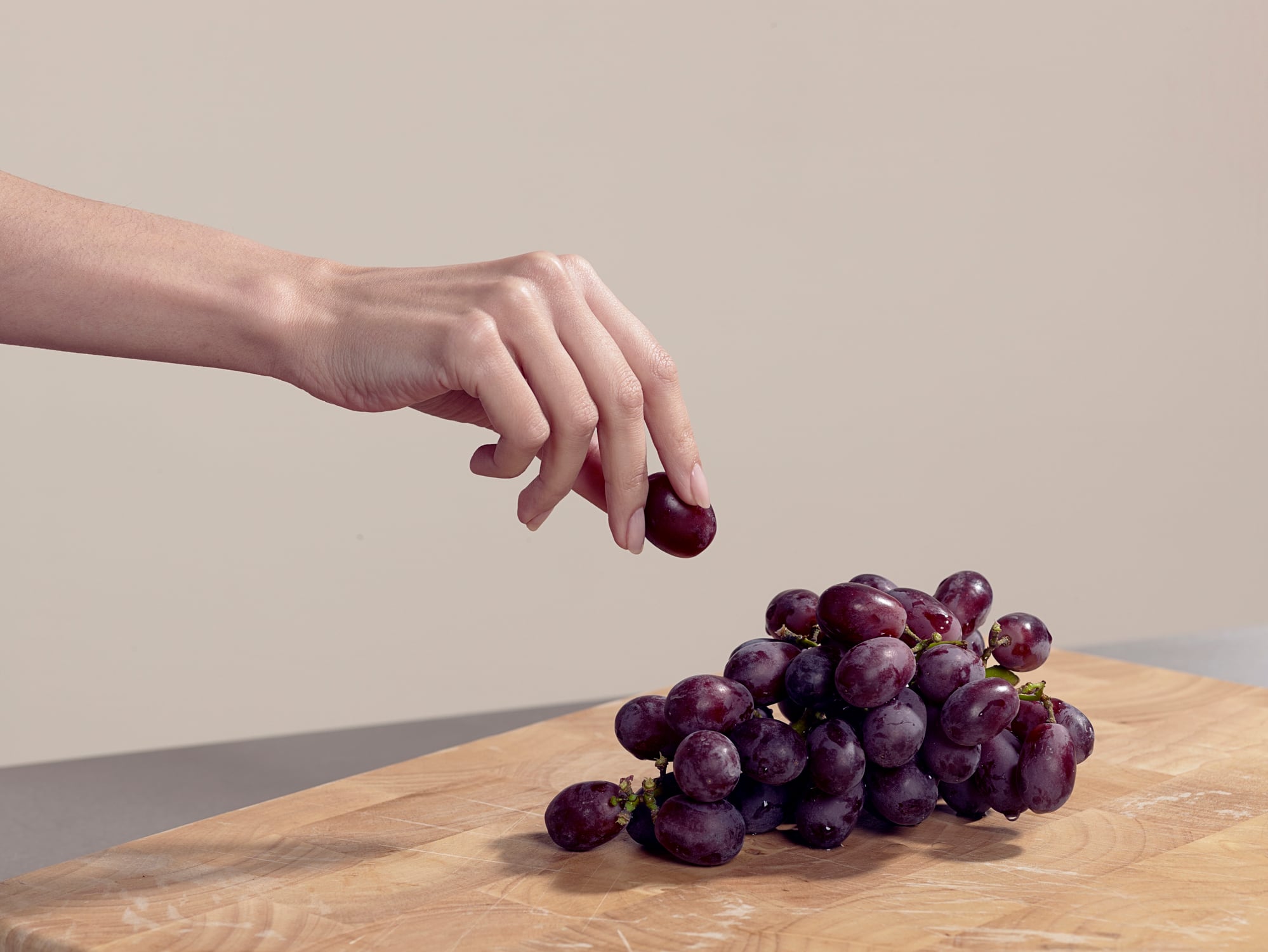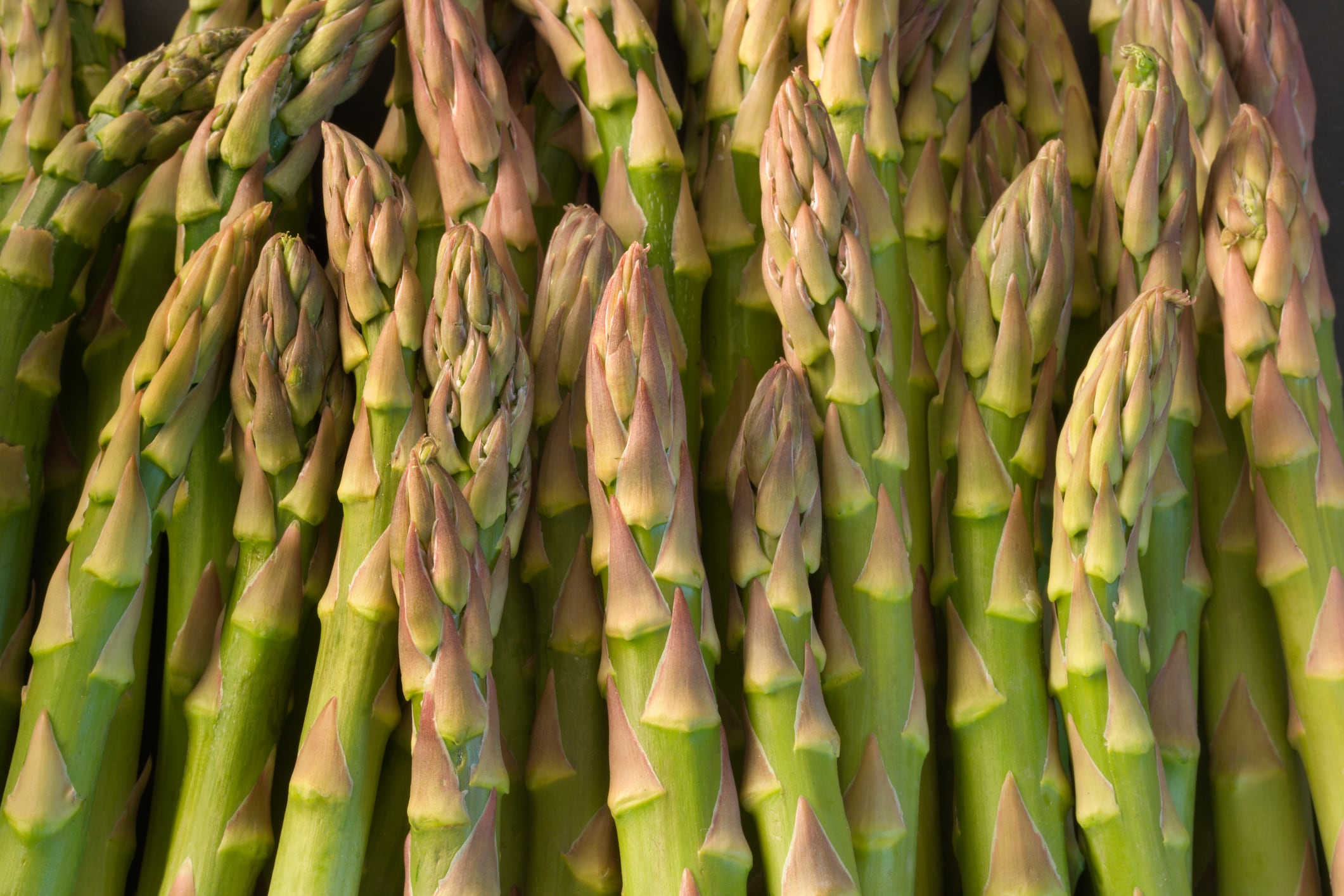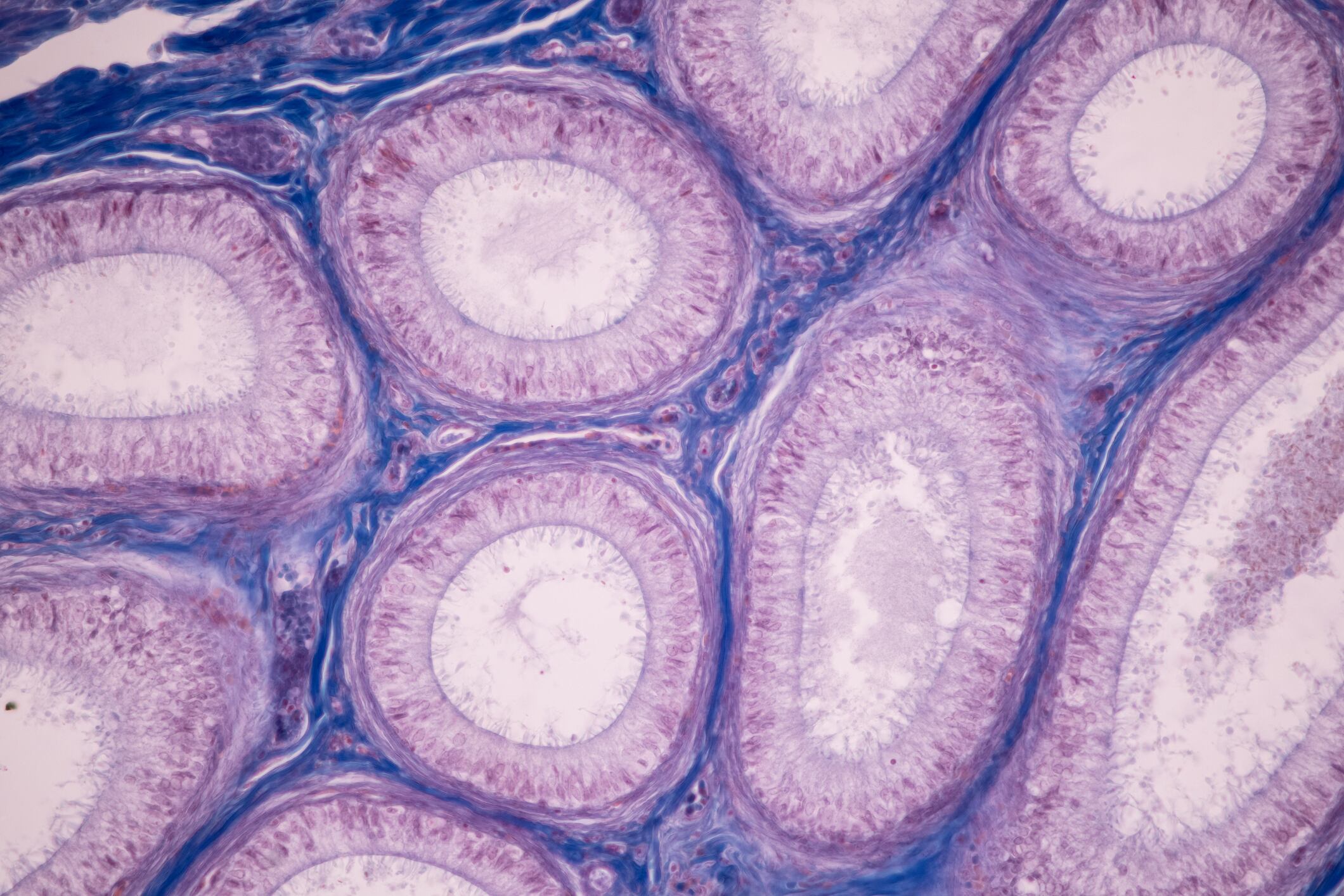Researchers in the Middle East and the UK examined the acute effects of PGJ on 22 elite male under-20 soccer players, assessing changes in aerobic and anaerobic performance in a randomized, double-blind, placebo-controlled crossover study.
They noted that the result “not only reflects the combined polyphenol and carbohydrate effects of PGJ but also supports the practicality of using natural beverages as pre-exercise strategies in elite athletes.”
Polyphenol sports supplementation
Both aerobic endurance and anaerobic power are key contributors to soccer player performance, as players will typically cover up to 13 km in a given match and perform actions such as sprinting, jumping, tackling and kicking.
Sport supplements are a common performance aid, and it is well established that consuming carbohydrates around match time will enhance endurance, however, the impact of different carbohydrate sources is under-researched, according to the authors of the new study.
Recently, studies have explored the benefits of fruit juices rich in carbohydrates and polyphenols, and grape juice is one that is noted for its antioxidant properties, naturally occurring sugars, phenolic compounds and electrolytes.
Some research has already emerged to suggest that purple grape juice may improve antioxidant activity and endurance, having been shown to increase time to exhaustion in recreational runners. However, one meta-analysis found no significant effect on performance, likely due to the limited number of athlete-focused studies.
Study details
The players completed two test sessions, each separated by a one-week washout period, either receiving PGJ or a placebo in four equal doses (10 ml/kg of body weight), starting four hours before the test and at hourly intervals, with the last dose taken one hour prior. The purple grape juice was diluted to produce a 7% carbohydrate solution, while the placebo mimicked the juice in appearance, flavor and volume.
An intermittent fitness test was used to assess aerobic fitness, consisting of 30-second bursts of running followed by 15 seconds of recovery, with maximum speed serving as an indicator of VO₂max. Lower-body power was also evaluated through standing long jump scores, while fatigue was assessed through a self-reported visual analog scale.
Results showed that consuming purple grape juice at the aforementioned personalized dose significantly improved aerobic endurance in elite male soccer players by enhancing maximum running speed, time to exhaustion and VO₂max. However, it did not significantly alter perceived fatigue or power performance.
The researchers noted that there are several potential reasons for the outcome, noting that supplementation was likely to improve endurance by supplying carbohydrates that spare muscle glycogen and maintain calcium handling in muscles. They also suggested that purple grape juice may delay central fatigue by reducing serotonin production via lowered tryptophan uptake. However, they attribute the insignificant difference in perceived fatigue to the tiring nature of the exercise tests.
They also noted that the juice’s high polyphenol content could reduce oxidative stress, inflammation and enhance vasodilation (the widening of blood vessels due to the relaxation of the blood vessel’s muscular walls), which could in turn further support endurance.
“Purple grape juice supplementation enhanced endurance performance parameters in most participants, with significant individual variability in response,” the researchers concluded. “These findings highlight the potential benefits of PGJ, particularly for athletes more responsive to its effects, emphasizing the need for personalized supplementation strategies.”
They noted that due to the small, homogenous group of participants and reliance on subjective fatigue measures, future studies should explore longer-term effects, include female athletes, look at dose-response relationships and investigate the role of genetics and metabolism in PGJ’s effectiveness.
Learn more at the Active Nutrition Summit
From June 23 to 25, industry leaders, researchers and innovators will gather in Vienna, Austria, for three days of cutting-edge insights, dynamic discussions and engaging networking opportunities.
The three-day summit will offer a one-stop shop for the latest must-have insights in the world of active nutrition and will cover the state of the market, essential insights on marketing, regulation and social media, mind health, personalization, the female athlete and many more topics. Take a look at our program to learn more .
Journal: Frontiers in Nutrition. doi: 10.3389/fnut.2025.1559917. “Individual responses to purple grape juice consumption on endurance, explosive power, and fatigue in young male elite soccer players”. Authors: Niknam, A. et al.




